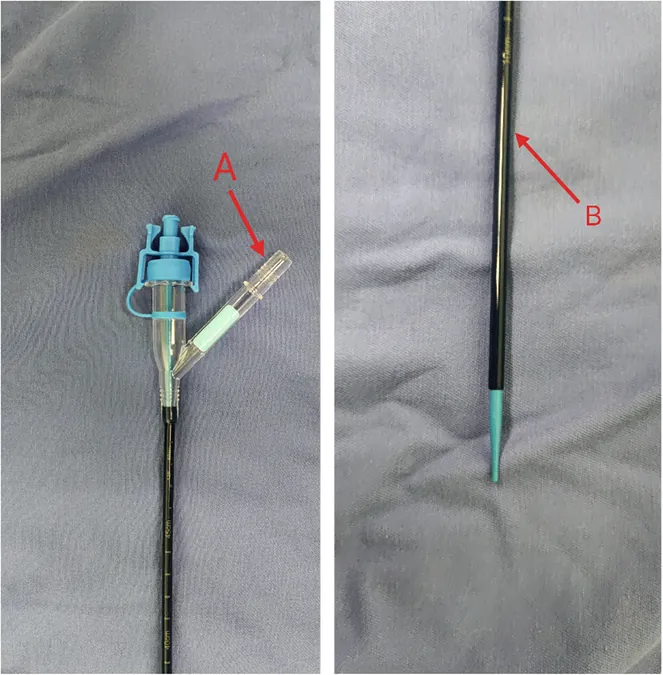
Revolutionizing Kidney Stone Treatment: How New Technology Combats Infectious Stones
2025-08-28
Author: Ming
Unveiling a Breakthrough in Urological Surgery
In a ground-breaking study, researchers have compared the safety and effectiveness of a novel surgical technique dubbed Flexible And Navigable Suction (FANS) combined with Retrograde Intrarenal Surgery (RIRS) for treating both infectious and non-infectious kidney stones. This method, evaluated across 274 patients from November 2023 to December 2024, promises to change the landscape of urological care.
The Study: A Deep Dive into Outcomes
Of the 274 patients treated, 61 had infectious stones—those primarily made up of struvite, carbonate apatite, or ammonium urate—while the remaining 213 presented with non-infectious stone types. Results were compelling, with immediate stone-free rates (SFRs) reported at 90.2% for infectious stones versus 92.1% for non-infectious stones, demonstrating that FANS-RIRS effectively manages infectious cases without prolonging hospitalization or increasing complication risks.
Why Infectious Stones Matter
Kidney stones are a global health concern, ranking as the third most prevalent urological issue, and infectious stones can present severe symptoms, including pain, hematuria, and a heightened risk of infection. Traditional treatments often fall short in these cases, but FANS-RIRS is showing promise in overcoming these challenges, emphasizing both infection control and efficient stone clearance.
A Surgeon's Perspective on Innovation
As advanced surgical techniques evolve, the emphasis on infection control has never been more critical. Previous studies indicated that infections were common complications in patients with infectious stones due to high bacterial loads. However, the use of negative-pressure suction systems during FANS-RIRS has been linked to lower infection rates, offering surgeons a powerful new tool to mitigate these risks.
Future Directions: A Call for Broader Adoption
The findings from this study underline the need for increased adoption of FANS-RIRS techniques in clinical settings. With no recorded sepsis events in the infectious group and low complication rates overall, this method is paving the way for enhanced surgical outcomes in kidney stone patients.
Expanding the Horizon: Long-Term Insights Needed
Though the results are promising, further research is essential. The short follow-up period, alongside the retrospective design of the study, points to the need for multicenter trials with more extensive sample sizes to fully understand the long-term implications of this innovative technique.
The success of FANS-RIRS has set a new standard in treating kidney stones, especially those complicated by infections. As healthcare progresses, adopting such innovative solutions can ultimately lead to better patient outcomes and significantly reduce the burden of urological diseases globally.

 Brasil (PT)
Brasil (PT)
 Canada (EN)
Canada (EN)
 Chile (ES)
Chile (ES)
 Česko (CS)
Česko (CS)
 대한민국 (KO)
대한민국 (KO)
 España (ES)
España (ES)
 France (FR)
France (FR)
 Hong Kong (EN)
Hong Kong (EN)
 Italia (IT)
Italia (IT)
 日本 (JA)
日本 (JA)
 Magyarország (HU)
Magyarország (HU)
 Norge (NO)
Norge (NO)
 Polska (PL)
Polska (PL)
 Schweiz (DE)
Schweiz (DE)
 Singapore (EN)
Singapore (EN)
 Sverige (SV)
Sverige (SV)
 Suomi (FI)
Suomi (FI)
 Türkiye (TR)
Türkiye (TR)
 الإمارات العربية المتحدة (AR)
الإمارات العربية المتحدة (AR)